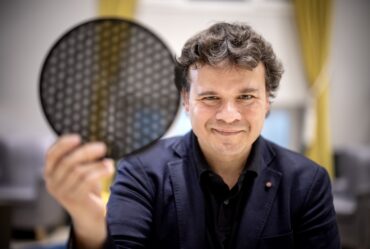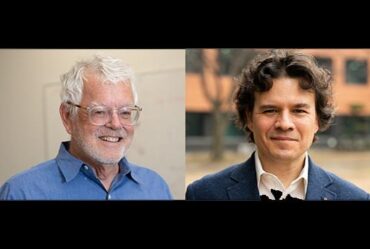Condensed Matter Experiment
Research in Condensed Matter Experiment (CMX) encompasses a broad range of topics and techniques designed to investigate the quantum properties of solids. These efforts aim at expanding the frontiers of knowledge of quantum systems and evaluating their potential as platforms for new quantum technologies.
Major scientific themes include strongly correlated electron systems, topological states, non-equilibrium quantum systems, light-matter interactions, charge fractionalization, quantum magnetism, electronic symmetry breaking, and unconventional superconductivity. One unifying aspect is the study of two-dimensional quantum materials ranging from epitaxial heterostructures to exfoliated van der Waals (vdW) layers to naturally layered crystals. In addition to their study, our research groups are active in the development of these and other quantum materials by thin film, bulk crystal, and two-dimensional vdW/moiré synthesis and assembly. A hallmark of CMX is the strong collaboration between groups which relies on the diverse measurement approaches of the laboratories covering ultrafast, non-linear, and nanoscale optics, advanced spectroscopy, quantum transport, and photon scattering.
Increasingly the efforts of CMX are geared towards probing entanglement in quantum solids as a frontier in both quantum condensed matter and quantum information science. New quantum material synthesis, characterization, and measurement methods are being developed at this forefront.
Affiliated Labs & Centers
- Condensed Matter Experiment Group
- G. R. Harrison Spectroscopy Laboratory
- MIT-Harvard Center for Magnetic Resonance
- MIT Center for Materials Science and Engineering
- MIT–Harvard Center for Ultracold Atoms
- Physics of Living Systems @ MIT
- Plasma Science and Fusion Center
- Research Laboratory of Electronics

















